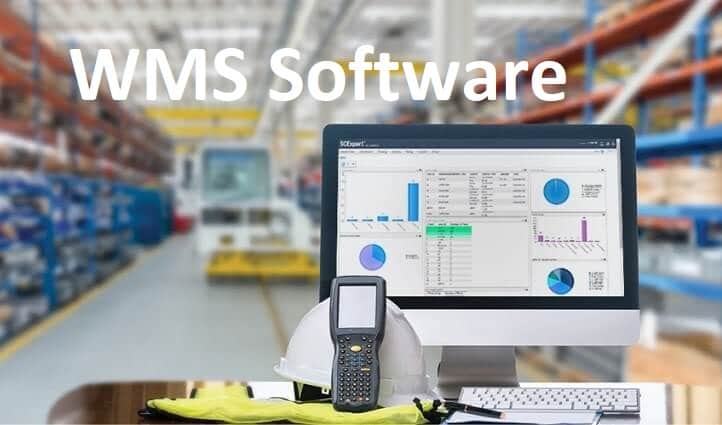WMS (Warehouse Management System) software is a type of software application designed to manage and control the day-to-day operations of a warehouse or distribution center. It provides real-time visibility into inventory levels, automates various warehouse processes, and helps optimize warehouse operations for improved efficiency.
WMS software typically offers a range of features and functionalities to streamline warehouse operations, including:
Inventory management: It tracks inventory levels, locations, and movement within the warehouse. It provides accurate real-time information about stock availability, enables inventory counting, and automates replenishment processes.
Order management: WMS software helps manage and track customer orders from receipt to fulfillment. It optimizes order picking and packing processes, assigns tasks to warehouse workers, and ensures timely order fulfillment.
Warehouse optimization: It helps optimize warehouse layout and space utilization, allowing for efficient storage and retrieval of goods. WMS software often includes features like slotting optimization, which determines the best locations for products based on their characteristics and demand patterns.
Barcode and RFID integration: WMS software integrates with barcode and RFID (Radio Frequency Identification) technologies to facilitate accurate and efficient tracking of inventory movement. This enables automated data capture, reducing errors and improving inventory accuracy.
Labor management: WMS software may include labor management features to optimize workforce productivity. It tracks employee performance, assigns tasks, and helps with labor scheduling and performance measurement.
Reporting and analytics: WMS software provides comprehensive reporting and analytics capabilities, allowing warehouse managers to monitor key performance indicators (KPIs), identify bottlenecks, and make data-driven decisions to improve warehouse operations.
Integration with other systems: WMS software often integrates with other business systems such as Enterprise Resource Planning (ERP) software, Transportation Management Systems (TMS), and e-commerce platforms, enabling seamless data flow across different parts of the supply chain.
By implementing a WMS software, businesses can improve inventory accuracy, reduce order processing times, optimize space utilization, enhance labor productivity, and ultimately achieve higher customer satisfaction levels through efficient warehouse operations.
